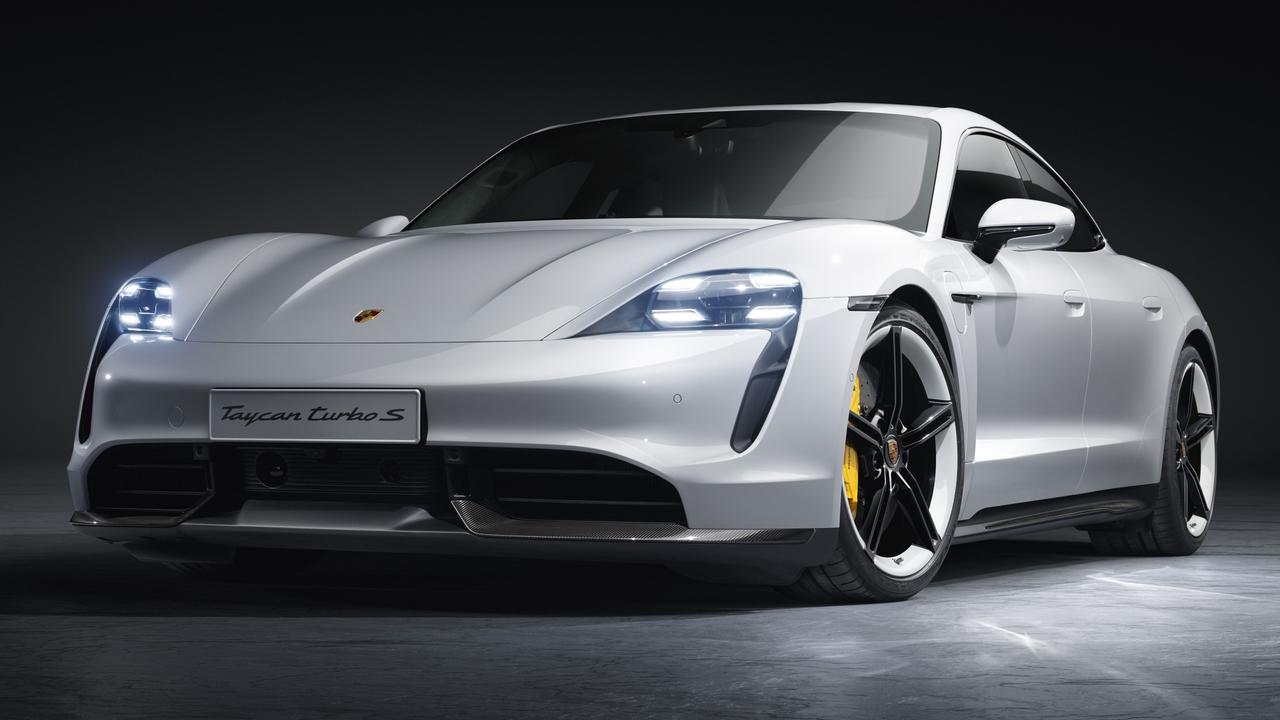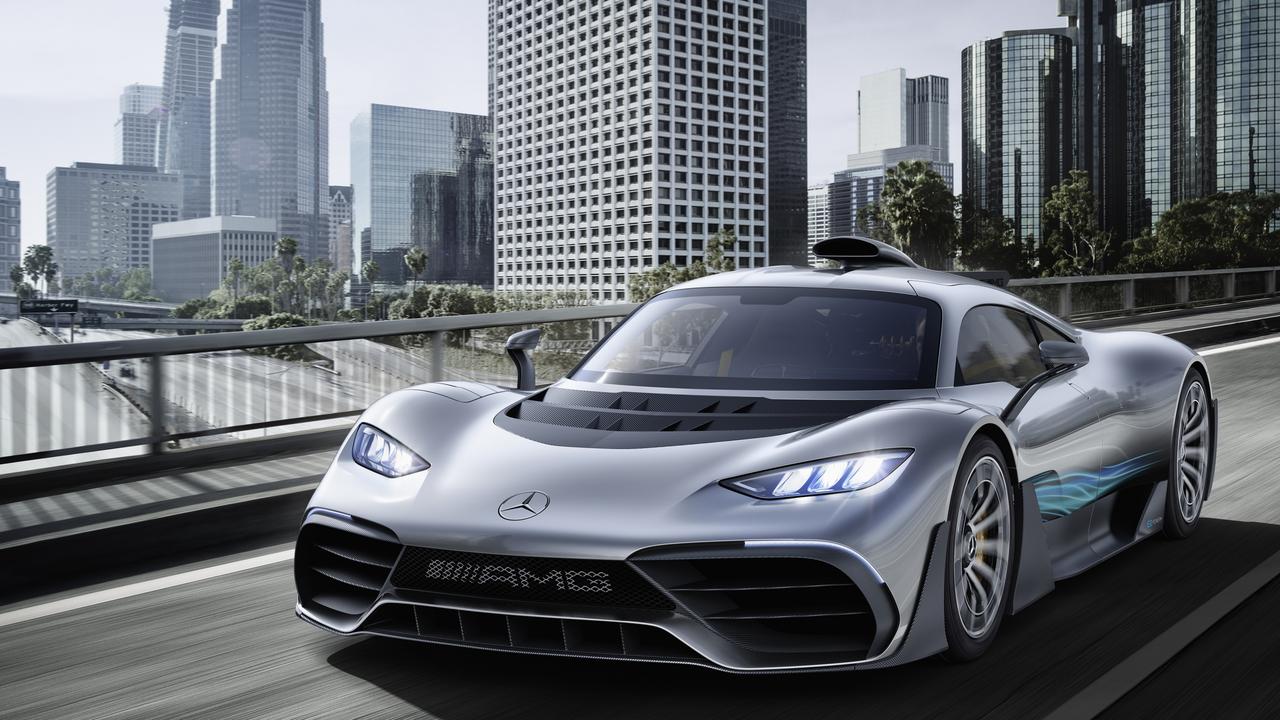Pits perfection is revhead rhapsody
ERNIE Hemingway once said: “Auto racing, bull fighting and mountain climbing are the only real sports … all the others are games.”

ERNIE Hemingway once said: “Auto racing, bull fighting and mountain climbing are the only real sports … all the others are games.”
Ern was a keen sportsman. He liked dicing with death. In 1928 he pulled on a toilet chain. It wasn’t a toilet chain. It was the skylight. It fell on his head and he had a scar for life.
But Ernie didn’t know motor racing’s dirty little secret. It’s not the speed, the noise, the smells, the roar of the crowds. It’s the pit crews. If you think the service is great at five-star hotels, wait ’til you get serviced by a five-star pit crew. They strap you in snugly, make sure everything works, get you out of the pits, then fix everything when you pull in with a problem. If only we could have a team like this in every other part of our lives.
Good pit crews not only make drivers feel good they help them win races. In the 1957 German GP, Juan Fangio’s crew took 1min 16sec for a pit stop. Last year in Texas, Mark Webber spent less than two seconds in the pits.
Team boss Jonathan Wheatley says to achieve quick stops, “the driver has to stop precisely on the marks with no drama. The gunmen have to get on the (wheel) nut first time, the jack men have to execute a clean lift — very difficult in particular for the rear jack. Basically everyone needs to have a perfect day.’’
Of course, short of buying a really expensive race car, spending years and thousands of dollars learning to drive it, and looking like a dork while you wear a P-plate on the track for 12 months, your only realistic alternative is a Radical track day. From about $2000 you get a 188Kw, 250km/h, two-seater race car RS that goes from 0-100km/h in 3sec and is as fast a V8 Supercar around the track, a coach to stop you finding too many walls, and a small but perfect pit crew. The Formula Company (www.theformulacompany.com) organises days in Sydney and Melbourne.
Talking of great crews, the reason the Australian car industry has gone belly up is because they didn’t recruit Jeff McDonald and Dan Deleur.
The three greatest words in automotive engineering are six-wheel drive. Nearly 30 years ago Tyrell spent years and millions of dollars developing two six-wheel F1 cars. And they were quick. Jody Scheckter and Patrick Depailler came first and second in the 1976 Swedish GP and Tyrell took out third in the constructors’ championship.
Adelaide’s Jeff and Dan spent $580 and six months developing their six-wheel 1990 Ford Festiva. Now it has to be said that the Ford Festiva was not exactly in the league of a Tyrell.
The boys paid $570 cash, $10 for an old 44-gallon drum, and painted it with donated bright yellow Wattyl agricultural enamel. The third set of wheels doesn’t do too much except make the Festiva look like Mike’s car from Monsters Inc. They can run on the road or be tucked up in the air like a set of glorified spare wheels.
To make way for the additional wheels, Dan cut out the back fenders and used the metal from the 44-gallon drum to fabricate the new sections. The result is a rhapsody in yellow with more and bigger fins than a 1959 Cadillac Coupe de Ville.
jc@jcp.com.au



